MACON/SAVANNAH/COLUMBUS – Mercer University School of Medicine (MUSM) is establishing a new Department of Bioethics and Medical Humanities within the school.
Bioethics is an area of study focusing on the moral and social aspects of medical policy and practice, while medical humanities integrates the humanities, social science and the arts into medical education. This new department combines these two areas of study and is made up of clinicians and educators who are dedicated to training students and health care practitioners in the intricacies of medical and health-related ethics and professionalism, with particular focus on rural health care and medically underserved populations and communities.
As academic disciplines, bioethics and medical humanities are focused on assisting health care professionals in viewing their medical practice from a moral perspective in addition to a scientific approach. Including these disciplines in medical education is crucial to forming well-rounded clinicians who treat their patients with respect. By focusing not only on clinical science but also the social, psychological and spiritual aspects of human existence, physicians can attain a more complete medical professionalism. While this approach has always been integral to MUSM’s mission, the new department will give students further opportunity to explore the moral and social implications of medicine and medical research.
“Bioethics and medical humanities are foundational to the education of caring, compassionate, patient-focused physicians,” said Jean Sumner, M.D., FACP, dean of the School of Medicine. “With the leadership of Dr. Brian Childs, his faculty, the structure of the department and this curriculum, our students will experience a world-class opportunity to integrate these important skills into their preparation to serve those in need.”
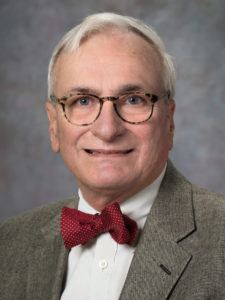
The department will contribute to both students’ and the practicing medical community’s careers through the medical humanities, which include the visual arts, literature, music, as well as case-based ethical analysis and deliberation. The musical arts will be integrated in cooperation with the American Institute of Music and Healing. The visual arts component will be created in partnership with resources in Savannah, Macon and Columbus that will provide an elective course as well as participate in pre-clinical module presentations made to students on all campuses using technology in distance learning rooms. Partnerships are also being developed with Mercer’s McAfee School of Theology.
The new department will be chaired by Brian H. Childs, M.Div., Ph.D., HEC-C, professor of bioethics and professionalism on the Savannah campus. Dr. Childs, who studied with medical ethics pioneer Paul Ramsey at Princeton University, has more than 35 years of experience in the field of medical ethics. He has published broadly and is currently an editor of two medical ethics journals. He is also a board-certified clinical ethics consultant.
The Department of Bioethics and Medical Humanities faculty consists of representatives from clinical and academic medicine, philosophy and ethics, religion, the arts, and social studies. Using a variety of teaching and learning methods, the department contributes insights from the humanities to the teaching, research and service endeavors and greater mission of Mercer University School of Medicine. The faculty will include:
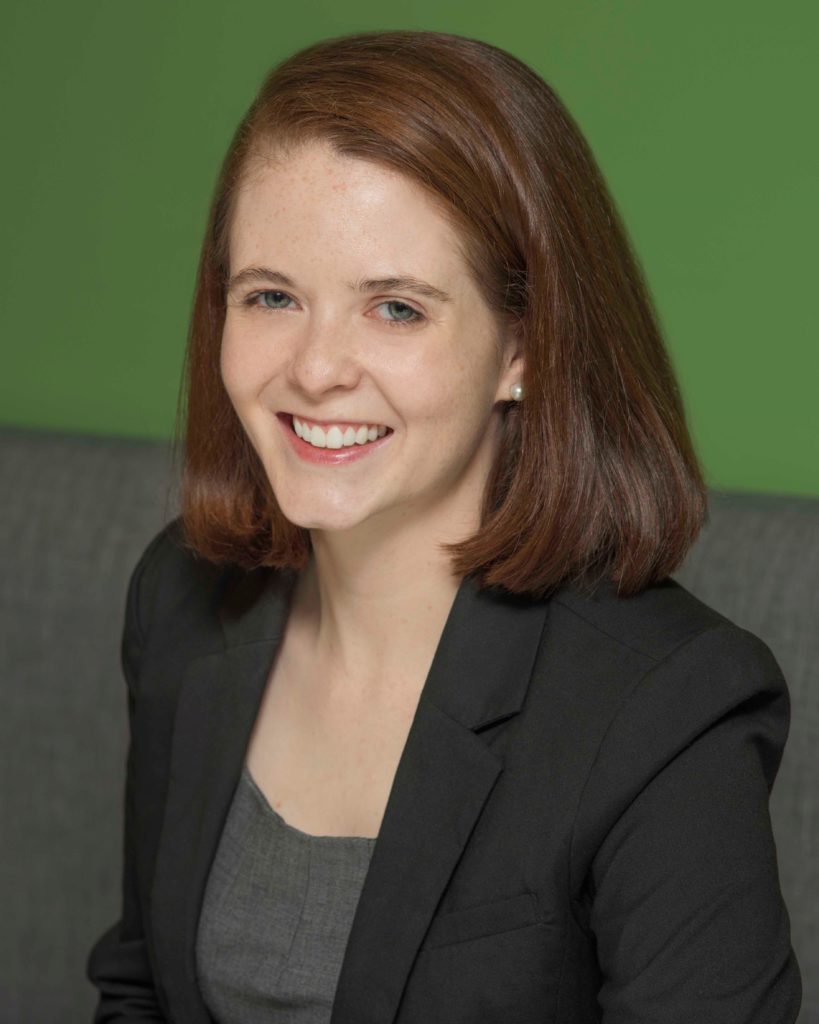
Lauren Bunch, Ph.D., HEC-C, completed her Ph.D. in philosophy at Duke University and clinical fellowship at the Alden March Bioethics Institute at Albany Medical College. She has published in the area of the ethics of vaccination, informed consent, and minor consent. Dr. Bunch is located on the Columbus campus.
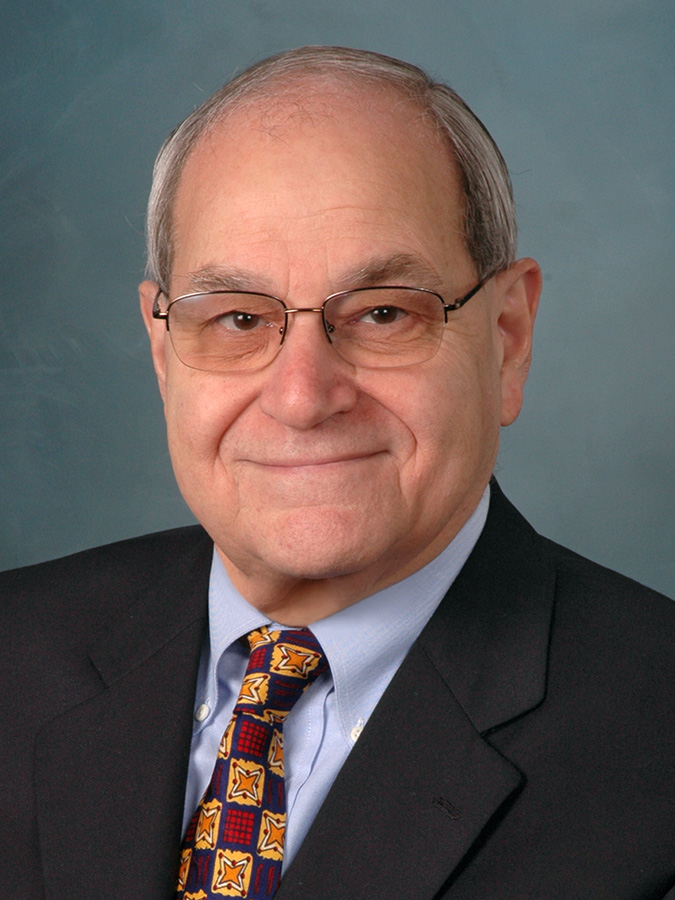
Martin Greenberg, M.D., is a pediatrician, senior member of the department faculty and a founder of the ethics program at the medical school.
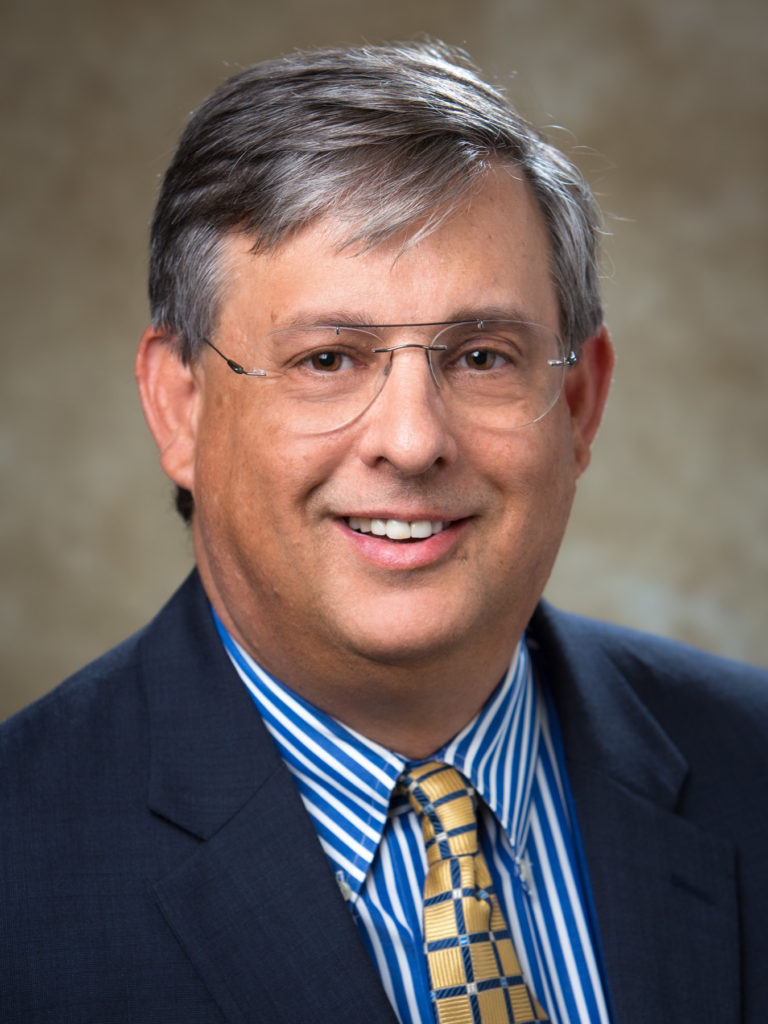
Stephen Williams, M.D., is a pediatric intensive care physician who did his training in medical ethics with Gregory Pence at the University of Alabama-Birmingham School of Medicine. Dr. Williams has a joint appointment in the Department of Pathology and Clinical Science. Dr. Williams is located on the Macon campus.
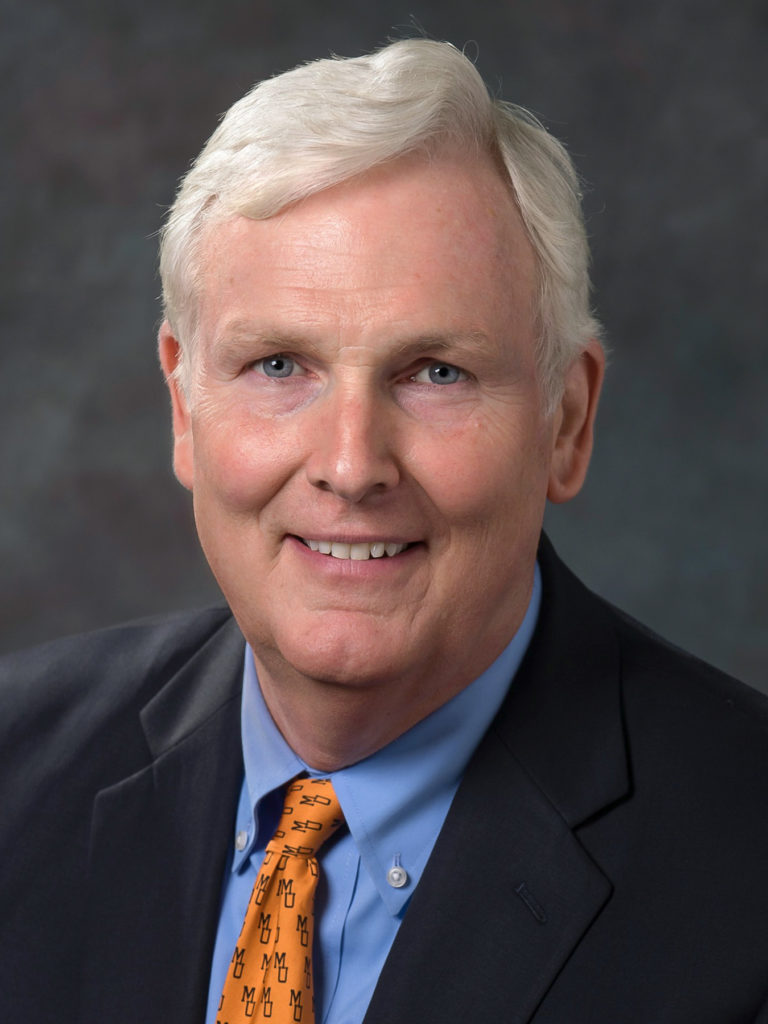
Robert Shelley, M.D., is a pediatrician and associate dean of student affairs on the Savannah campus and holds a joint appointment in the Department of Pediatrics.
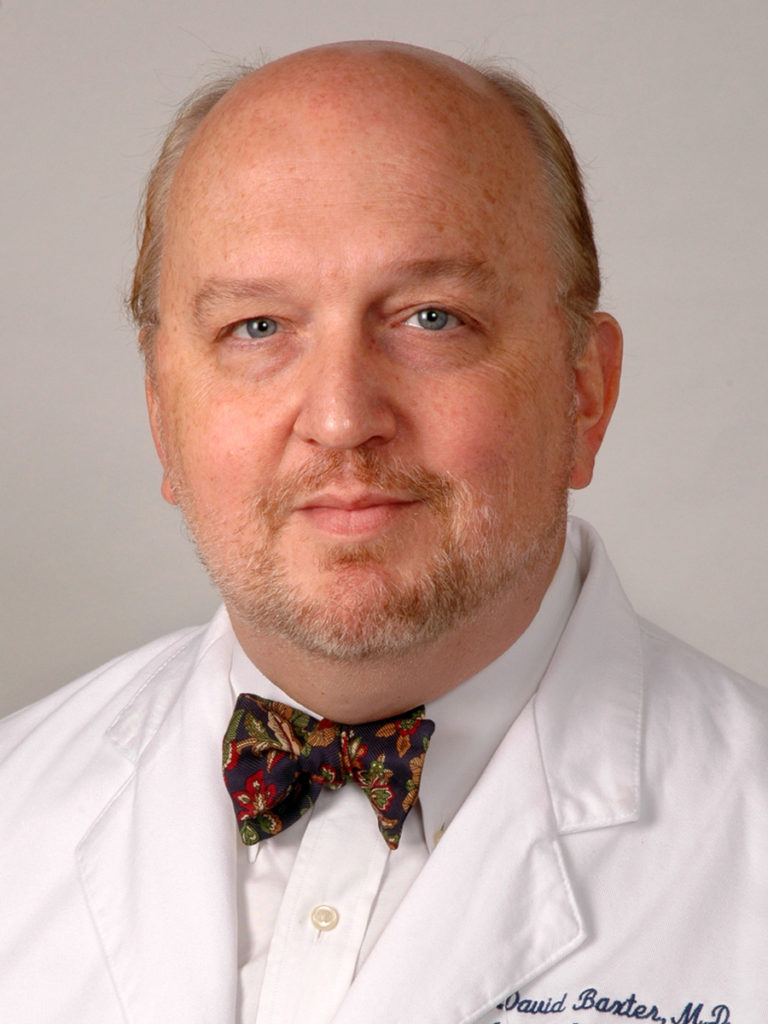
J. David Baxter, M.D., is senior associate dean of the Savannah campus and has a joint appointment in the Department of Internal Medicine.
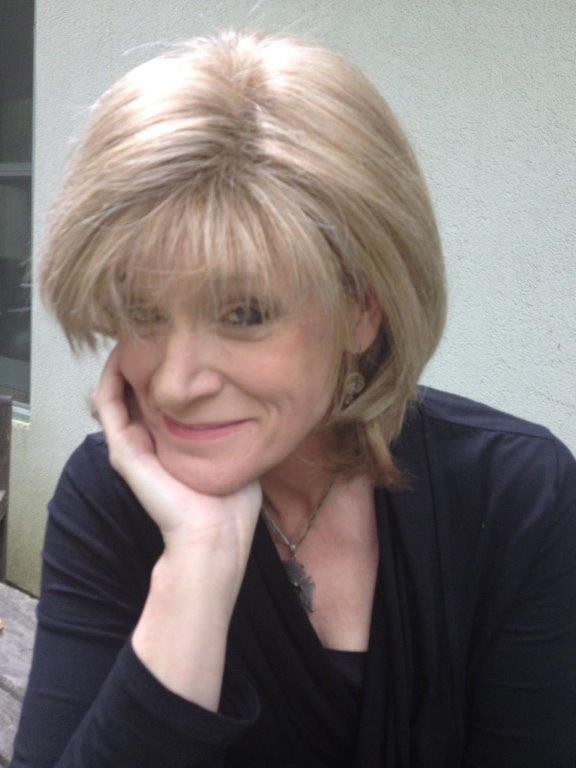
Mary Ann Bowman Beil, STM, is vice president for corporate and clinical ethics at Memorial Health University Medical Center in Savannah and a widely known ethics consultant and administrator.
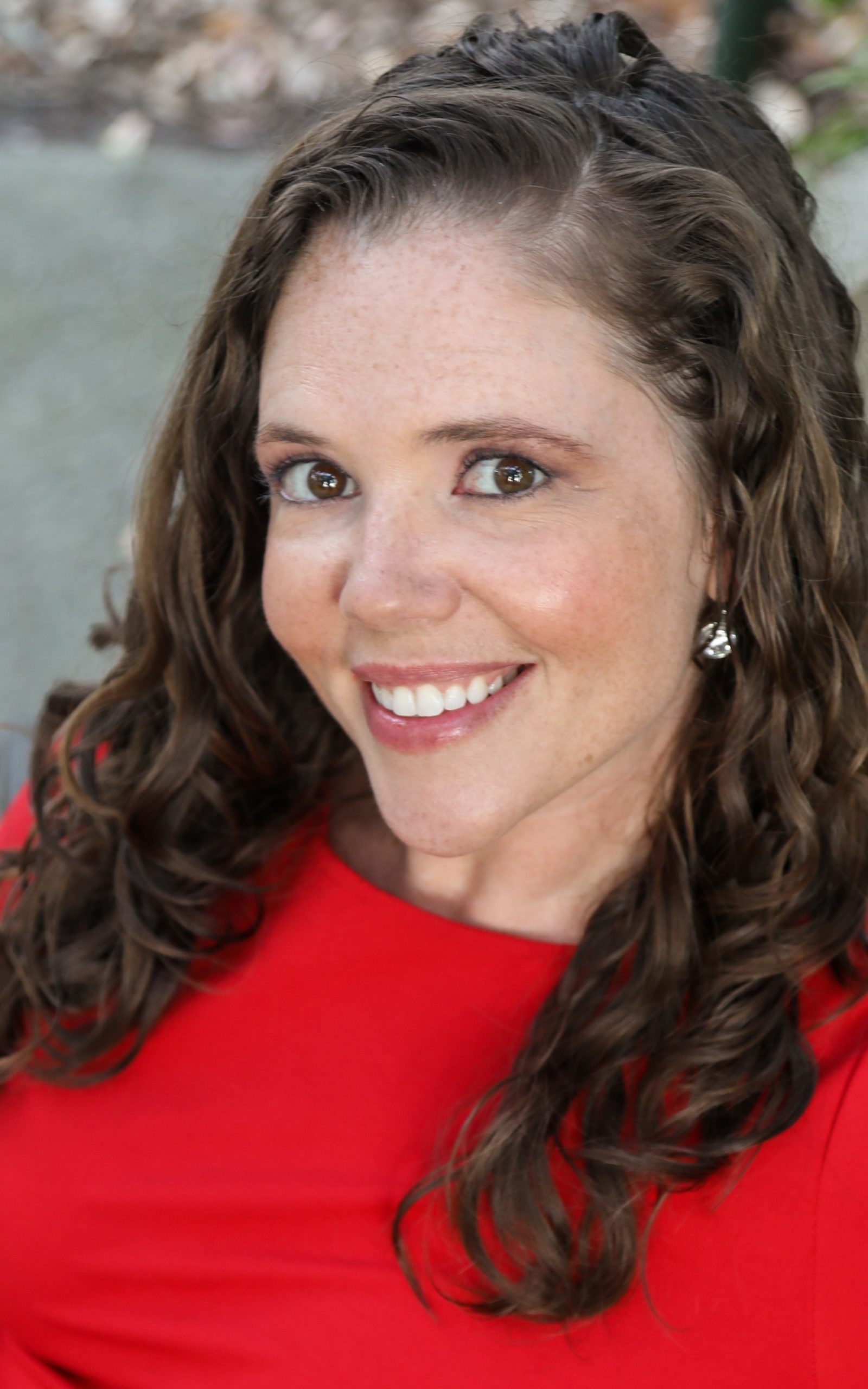
Rachel Grenier, M.A., M.Div., is director of pastoral care at Memorial University Medical Center in Savannah and a clinical pastoral education supervisor.
About Mercer University School of Medicine (Macon, Savannah and Columbus)
Mercer University’s School of Medicine was established in 1982 to educate physicians and health professionals to meet the primary care and health care needs of rural and medically underserved areas of Georgia. Today, more than 60 percent of graduates currently practice in the state of Georgia, and of those, more than 80 percent are practicing in rural or medically underserved areas of Georgia. Mercer medical students benefit from a problem-based medical education program that provides early patient care experiences. Such an academic environment fosters the early development of clinical problem-solving and instills in each student an awareness of the place of the basic medical sciences in medical practice. The School opened a full four-year campus in Savannah in 2008 at Memorial University Medical Center. In 2012, the School began offering clinical education for third- and fourth-year medical students in Columbus. Following their second year, students participate in core clinical clerkships at the School’s primary teaching hospitals: Medical Center, Atrium Health Navicent and Coliseum Medical Centers in Macon; Memorial University Medical Center in Savannah; and Piedmont Columbus Regional Hospital and St. Francis Hospital in Columbus. The School also offers master’s degrees in family therapy, preclinical sciences and biomedical sciences and a Ph.D. in rural health sciences.










